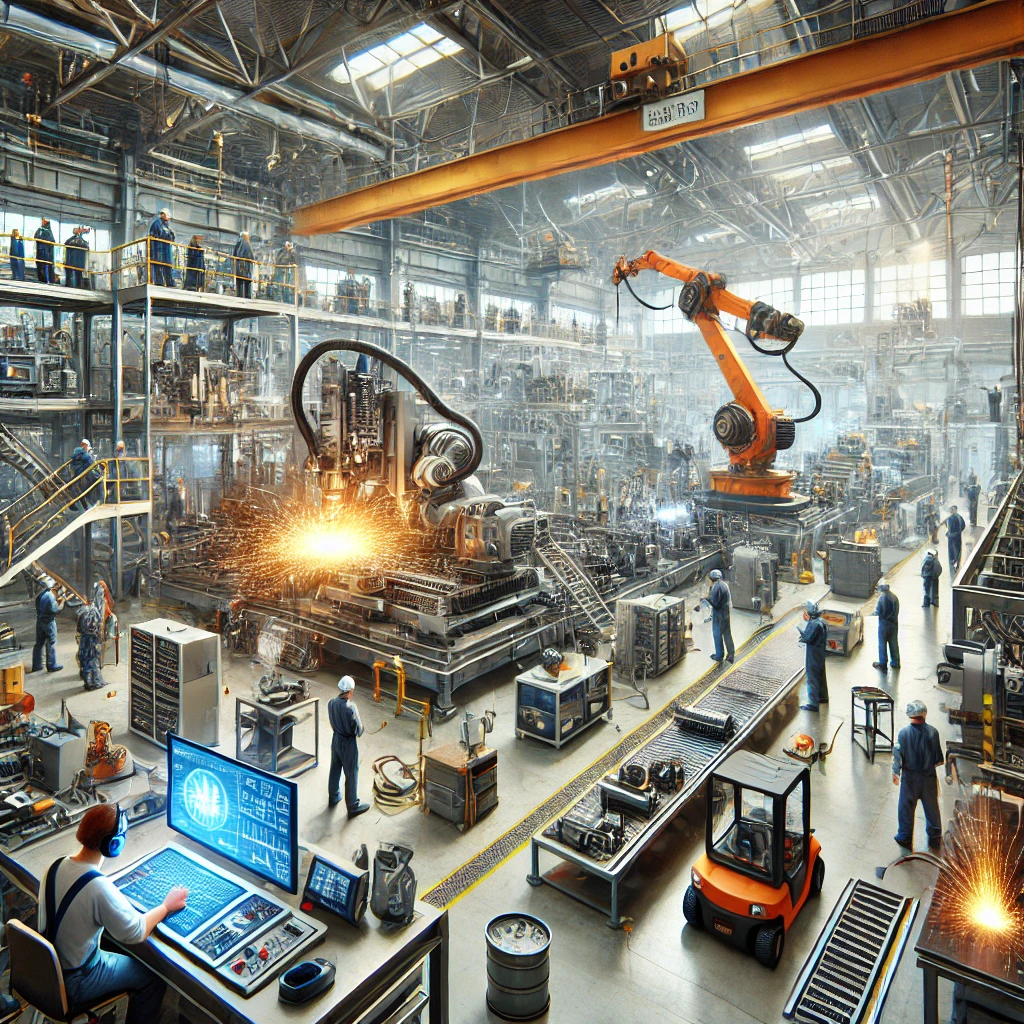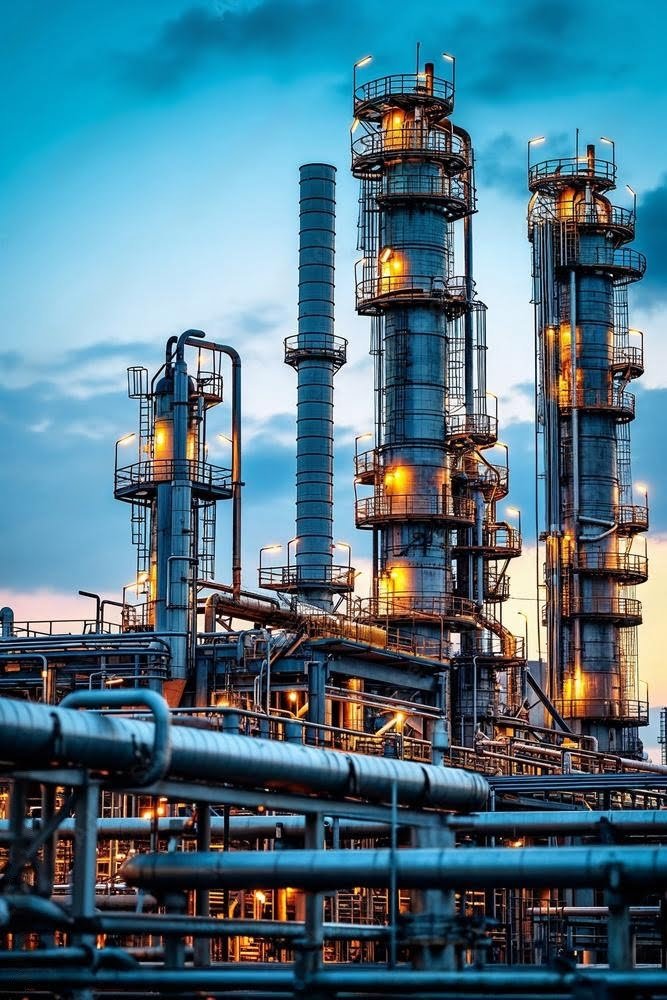The Future of Pharmaceutical Equipment Manufacturing: Trends and Predictions

The pharmaceutical industry is constantly evolving, driven by advancements in technology, regulatory changes, and the ever-increasing demand for innovative treatments. As a result, pharmaceutical equipment manufacturing must adapt to these changes to remain competitive and meet industry needs. This article provides insights into future trends in pharmaceutical equipment manufacturing and what to expect in the coming years.
1. Automation and Digitalization
- Smart Manufacturing: The integration of Industry 4.0 technologies, such as the Internet of Things (IoT), artificial intelligence (AI), and machine learning, is revolutionizing pharmaceutical equipment manufacturing. These technologies enable smart manufacturing processes, allowing for real-time monitoring, predictive maintenance, and enhanced process control.
- Digital Twins: The use of digital twins—virtual replicas of physical equipment—allows manufacturers to simulate and optimize processes before actual implementation. This technology helps in identifying potential issues, reducing downtime, and improving overall efficiency.
2. Advanced Materials and Manufacturing Techniques
- Innovative Materials: The development of new materials with enhanced properties, such as improved corrosion resistance, higher strength, and better biocompatibility, is essential for manufacturing advanced pharmaceutical equipment. Materials like titanium alloys, advanced ceramics, and high-performance polymers are expected to play a significant role.
- Additive Manufacturing (3D Printing): Additive manufacturing offers numerous advantages, including rapid prototyping, customization, and the ability to create complex geometries that are difficult to achieve with traditional manufacturing methods. This technology is particularly useful for producing bespoke equipment and spare parts on demand.
3. Sustainability and Environmental Responsibility
- Eco-Friendly Manufacturing: The pharmaceutical industry is increasingly focusing on sustainability and reducing its environmental footprint. Equipment manufacturers are adopting eco-friendly practices, such as using renewable energy sources, minimizing waste, and implementing closed-loop systems to recycle and reuse materials.
- Green Chemistry: The principles of green chemistry are being integrated into pharmaceutical manufacturing processes to minimize the use of hazardous substances and reduce waste. Equipment designed to support these processes is becoming more prevalent.
4. Regulatory Compliance and Quality Assurance
- Enhanced Quality Standards: As regulatory requirements become more stringent, pharmaceutical equipment manufacturers must ensure that their products meet the highest quality standards. This involves rigorous testing, validation, and adherence to guidelines set by regulatory bodies like the FDA and EMA.
- Traceability and Transparency: The demand for greater traceability and transparency in manufacturing processes is driving the adoption of advanced tracking systems. These systems provide detailed records of the equipment’s lifecycle, from raw material sourcing to production and delivery.
5. Customization and Flexibility
- Modular Equipment: The trend towards modular equipment designs allows for greater flexibility in pharmaceutical manufacturing. Modular systems can be easily reconfigured to accommodate different processes and production scales, reducing downtime and increasing efficiency.
- Personalized Medicine: The rise of personalized medicine, which tailors treatments to individual patients, requires equipment that can handle smaller, more precise batches. Manufacturers are developing equipment that can quickly switch between different production runs while maintaining high levels of precision and quality.
6. Collaborative and Integrated Solutions
- Partnerships and Collaboration: Collaboration between pharmaceutical companies, equipment manufacturers, and technology providers is becoming more common. These partnerships enable the sharing of expertise and resources, leading to the development of innovative solutions that address industry challenges.
- Integrated Systems: The integration of various equipment and processes into cohesive systems improves overall efficiency and reduces the risk of errors. Manufacturers are focusing on creating seamless, end-to-end solutions that streamline pharmaceutical production.
The future of pharmaceutical equipment manufacturing is shaped by advancements in technology, materials, and sustainable practices. Automation, digitalization, and the use of advanced manufacturing techniques are driving the industry towards greater efficiency, flexibility, and quality. By staying ahead of these trends, Special Metal Industries is well-positioned to meet the evolving needs of the pharmaceutical industry, providing cutting-edge solutions that enhance production capabilities and ensure compliance with regulatory standards. As the industry continues to evolve, our commitment to innovation and excellence remains unwavering, ensuring that we remain a trusted partner for pharmaceutical companies worldwide.
Learn More
For more information on our sustainable practices and equipment offerings, visit our pages on Reactors and Autoclaves, Process Vessel and Tanks, Hydrogenators, Pilot Plant Systems, Distillation Columns, Heat Exchangers and Condensers, and Large Size Pipe and Pipe Fittings.
Check out this Embracing Sustainability: The Eco-Friendly Applications of Exotic Metals
Check out this: The Price of Rarity: Factors Affecting the Cost of Exotic Metals
Check out this: Embracing Sustainability: The Eco-Friendly Applications of Exotic Metals
Check out this: The Importance of Material Selection in Chemical Equipment Manufacturing
Check out this: Pioneering the Future of Mining: Extracting Exotic Metals Sustainably
Check out this: The Role of High-Quality Reactors in Pharmaceutical Manufacturing
Check out this: The Future of Exotic Metals in Emerging Applications and Technological Advancements
Check out this: Ensuring Reliability: The Critical Role of Quality Assurance in Large Size Pipe and Pipe Fittings
Check out this: Working with Exotic Metals: Fabrication Techniques and Safety Tips

